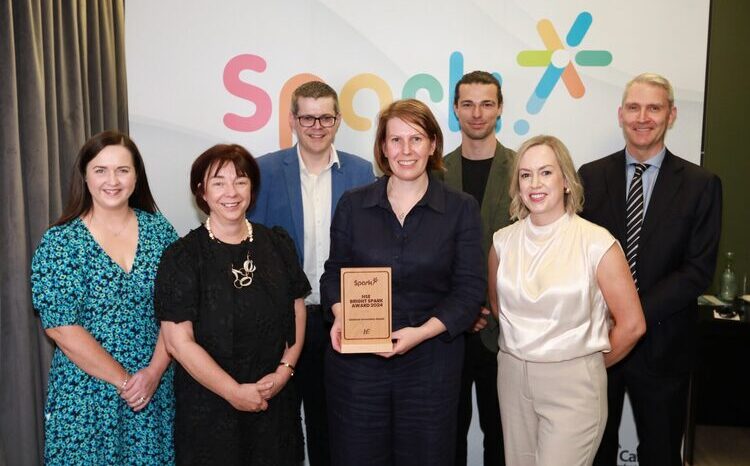Government invests £130m in new tech to tackle life-changing diseases
- 10 September 2019

A £130 million investment from the government will be pumped into new technologies to help improve treatment, diagnosis and care options for a number of life-changing diseases.
It was announced on 9 September that the money would be invested in treatments for arthritis and cancer, as well as gene-based therapies for diseases including dementia and Parkinson’s.
This includes £50m that will go towards NHS diagnostic services and support the work of existing ‘centres of excellence’ in digital pathology and imaging, using artificial intelligence (AI).
The centres, which are based in Leeds, Oxford, Coventry and London, will be able to partner with more NHS trusts and further develop “cutting-edge” products using digital systems and AI that could ultimately save lives.
They were established in November 2018 by UKRI, which will allocate the £50 million via a competition run between the four centres.
The bids must demonstrate how funding will be used to invest in digital infrastructure and equipment in partner NHS trusts, and digitally link these trusts to the centres.
Secretary of state for health and social care, Matt Hancock, said: “We’ve got to bring NHS technology into the 21st century. I’ve seen for myself how better technology and diagnosis can save clinicians’ time so they can concentrate on care.
“The NHS is now spearheading world-leading technologies that can transform and save lives through new treatments, diagnosis techniques and care.
“I’m determined that the benefits of these advances will improve the lives of thousands of patients whose conditions have long been considered life-limiting.”
A further £7.5m will be invested in implementing innovations that allow more people to receive care from the comfort of their own home, with the aim of improving the delivery of social care across the UK.
Minister for innovation, Nicola Blackwood, said the funding would help “deliver on the NHS’s international leadership on applying artificial intelligence to complex health problems”.
Read more:
- National CCIO says AI Lab will ‘rigorously’ test tech to see if it can deliver
- CCIO says better infrastructure and training needed to reap benefits of tech
- Simon Stevens calls for greater investment in diagnostics at NHS Expo



